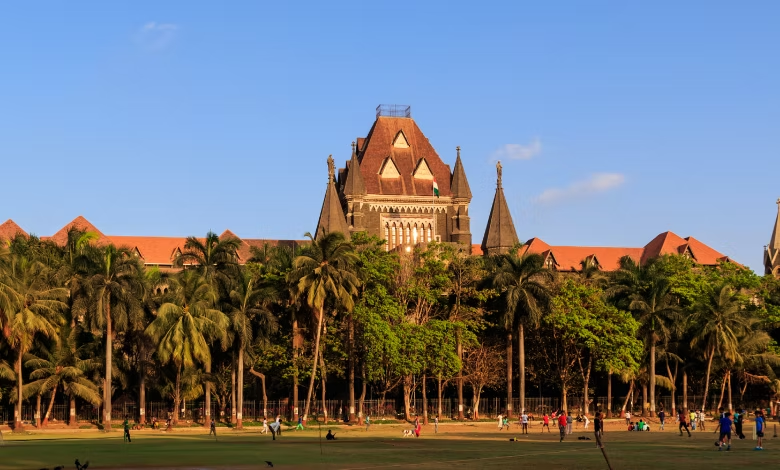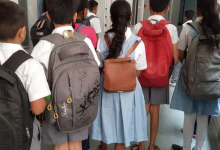Bombay High Court Clarifies: Black Magic Act Targets Harmful Practices, Not Genuine Faith

The Bombay High Court has ruled that Maharashtra’s Black Magic Act is designed to combat harmful practices, not to penalize legitimate religious traditions, delivering a significant verdict in a case involving a Gujarat-based spiritual leader. The decision, handed down on April 2, upheld a lower court’s discharge of Ramesh Modak, also known as Shivkrupanand Swami, who faced allegations of promoting black magic through his teachings.
The case stemmed from a 2014 complaint filed by Pune resident Rohan Kulkarni, who accused Modak and his associate Narendra Patil of deceiving him via spiritual workshops. Kulkarni claimed the duo promised career guidance and supernatural insights, alleging that Modak’s seminars included fraudulent claims of divine powers and rituals that veered into black magic territory. The complainant attended a 2012 workshop in Pune, followed by a trip to Navsari, Gujarat, where he was denied a personal meeting with Modak. In 2013, another Pune event featured a pre-recorded discourse sold on a CD for Rs 250, which Kulkarni argued promoted deceptive practices. He also cited a 45-day meditation course that he said left him physically and mentally distressed.
Modak’s legal team countered that the CD in question was recorded in 2008, predating the Maharashtra Prevention and Eradication of Human Sacrifice and Other Inhuman, Evil and Aghori Practices and Black Magic Act, enacted in 2013. They further argued that Kulkarni’s distress could not be solely linked to the meditation course, pointing to his pre-existing psychological treatment as evidenced by medical records. The defense emphasized that no other complaints had surfaced against Modak, bolstering their case.
Justice R.N. Laddha, presiding over the matter, dismissed the challenge to the lower court’s ruling, affirming that the evidence presented did not justify charges under the Black Magic Act. The judge underscored the law’s intent: to curb exploitative and harmful customs, not to interfere with authentic spiritual or religious practices. The court noted that the workshops were voluntary, and no concrete proof linked Modak’s actions to the offenses outlined in the 2013 legislation.
The prosecution, represented by Additional Public Prosecutor Arfan Sait, had argued that Modak instilled fear through claims of supernatural abilities, but the court found these assertions insufficient to overturn the discharge. The ruling reinforces a distinction between fraudulent exploitation and genuine faith-based teachings.
This verdict marks a notable clarification of the Black Magic Act’s scope, offering relief to Modak and potentially setting a precedent for similar cases. The Bombay High Court’s decision, reaffirms that while the law targets sinister practices, it stops short of infringing on sincerely held religious beliefs.




